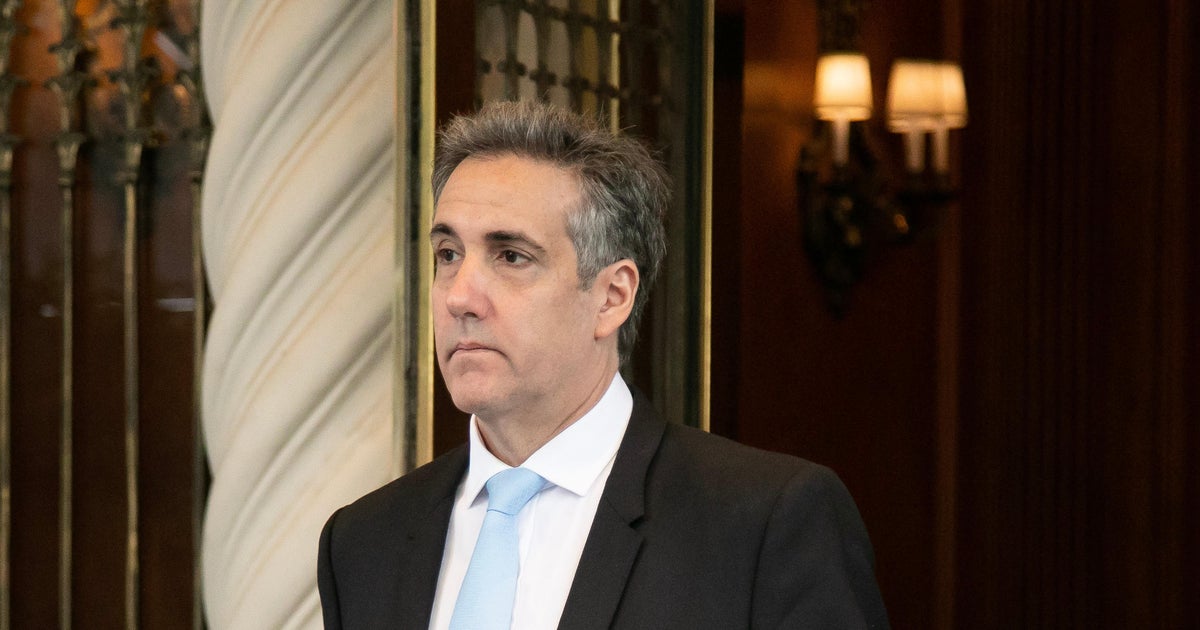
During Michael Cohen’s testimony in former President Donald Trump’s criminal trial Tuesday, questioning turned to a series of 2018 exchanges between Cohen and a lawyer named Robert Costello.
Cohen said he spoke to Costello about an FBI raid and investigation that would ultimately end with his guilty plea to federal charges later that year.
Emails shown to the jury depicted Costello as a “back channel of communications” for Cohen while he was under investigation, someone who could relay messages to then-President Trump via his attorney Rudy Giuliani.
“The back channel was Bob Costello to Rudy to Rudy to President Trump,” Cohen said on the stand Tuesday.
“Sleep well tonight. You have friends in high places,” Costello wrote in one email to Cohen, describing a conversation he said he had with Giuliani.
Reached by phone while Cohen was on the stand, Costello told CBS News he recently received a call from Trump’s lead attorney, Todd Blanche.
Would he be called as a witness? Costello said maybe.
“I had a brief conversation with Todd Blanche, but there was no commitment,” Costello said, adding the discussion “was not witness prep.”
Still, Costello said he thinks he might end up being called by the defense.
Costello appeared before the grand jury investigating Trump on March 20, 2023, at the request of Trump’s attorneys. He sought to discredit Cohen with his testimony, and told reporters after that Cohen has said things “that are directly contrary to what he said to us.”
Trump was indicted later that month, charged with 34 felony counts of falsification of business records. The charges relate to reimbursements to Cohen for a “hush money” payment to adult film star Stormy Daniels, who claims to have had a sexual encounter with Trump. He entered a not guilty plea and has denied having sex with Daniels. Trump has claimed the prosecution was pursued by Manhattan District Attorney Alvin Bragg for political gain.
Costello is scheduled to testify Wednesday before the House Judiciary Committee’s Select Subcommittee on the Weaponization of the Federal Government. He said he’ll introduce exculpatory information that includes material he was unable to bring before the grand jury in 2023. He did not elaborate on what exactly he intends to tell Congress.
